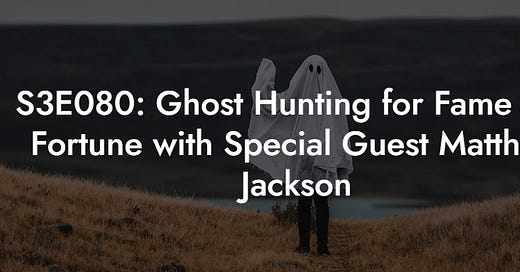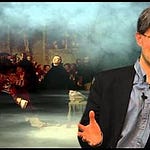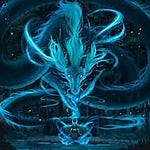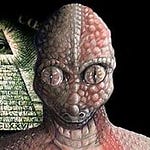I am fascinated by both “Ghost Hunting” and the total disinterest in the subject on the part of religious institutions. One would think that the practical study of spirits would be intensely relevant to religious people but, strangely, the very people who, on paper anyway, stand the most to gain from proof of an afterlife, seem to have the least amount of time for it. I have pondered why this might be so for a while and concluded that, very likely, institutions do not go in for spirit hunting because it is often very hard to square on-the-ground encounters with the categories and conditions they’ve set upon the spirit world in their textbooks.
In other words, because they’re afraid of being “proven” wrong.
I think this is misguided. As any good scientist knows, Theory and Practice are seldom the same and, if there does indeed exist an “ecology of souls”, then we ought not be surprised that it’s as complex and hard to describe as any other ecology. In the realm of Physics, perhaps, things are black and white. In Biology or Anthropology however, more often than not they are green and grey. “Exceptions to The Rule” in those fields tend to be common, and do not necessarily invalidate the rule, just as, for example, the existence of the platypus doesn’t de facto make the category of “mammal” obsolete. If there is any truth at all in Ghost Hunting then it should be, in my opinion, considered a branch of anthropology, since we would be dealing with humans just… you know, dead ones. In that light therefore I would expect the field to be just as “messy” as regular anthropology, and I don’t think that necessarily invalidates dogma.
Very much damage has been done by Physics Envy. In my opinion Theology should never hope (much less try) for that level of precision, nor be discouraged if they can’t achieve it. Balls rolling down a ramp are easy to model. We can do that to the hundredth decimal place. The emotional and spiritual state of a confused soul left behind after a murder however?
Much more complicated. Much harder to model. Any models we do build must, of necessity, be considered “rough.”
Matthew Jackson is an experienced Ghost Hunter and Paranormal Investigator, and a man who brings exactly that level of nuance and finesse to the topic. We had a nice long chat about his experiences, the evidence he’s collected over the years, and (less so, wisely) about his conclusions. He is a writer here on Substack at both Paraholics and Obscuravox and a pioneer of ITC (Instrumental TransCommunication), a method of technology-mediated spirit communication. I hope you enjoy the conversation. As a rule I do not usually cross-post my podcast to my Substack, however the topic of this episode overlapped with both domains so well that it felt foolish not to.
Please enjoy. Listen with an open mind, and God bless.
Oh, and give Matthew a follow too.














Share this post